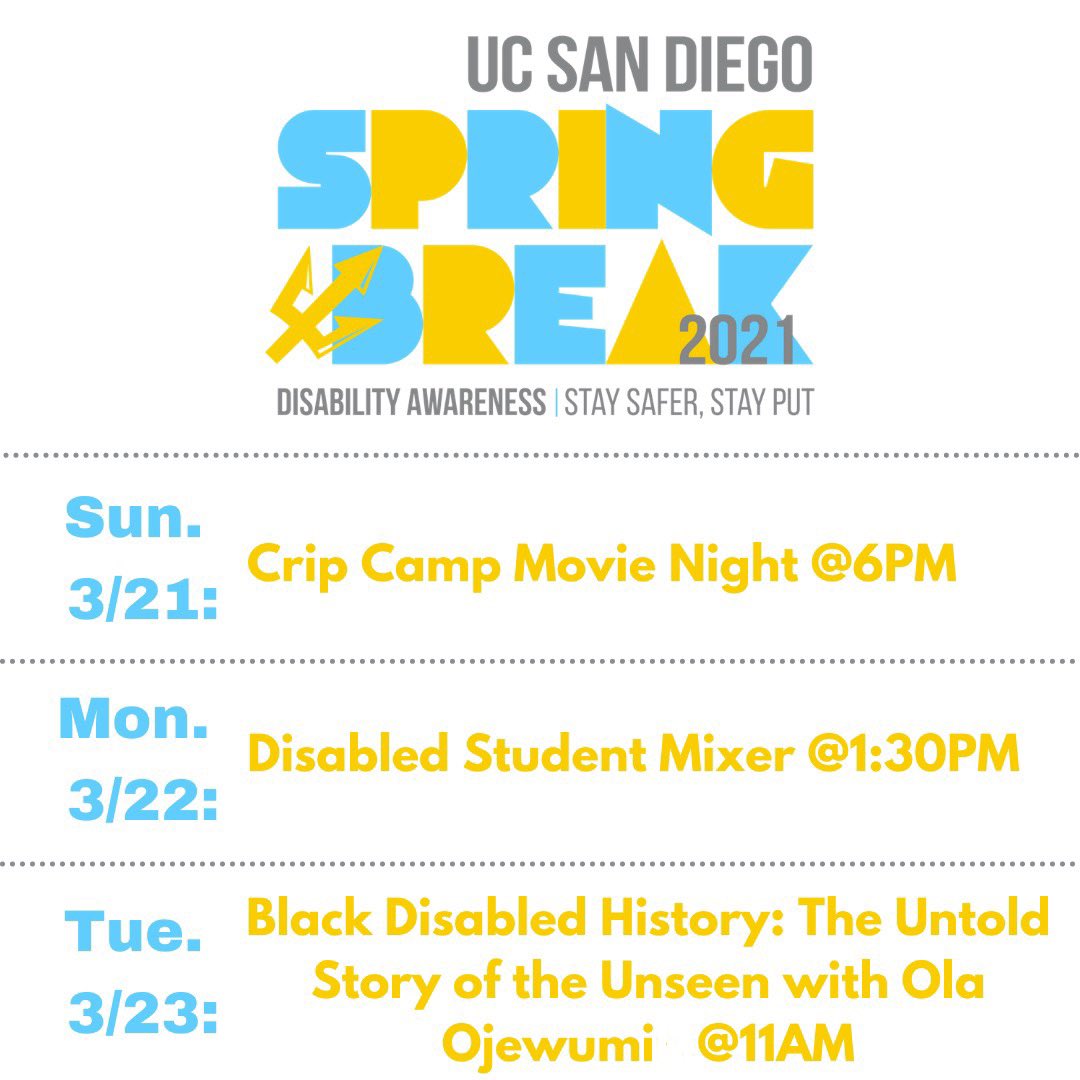
A4: No, not right now. I feel disability is a legal issue only about accommodations in #academia. Racism is clearly wrong, but ableism is condoned becoming a traumatic event. I wish #AcademicTwitter and #HigherEd would listen to Disabled researchers and to partner with us in 1/
https://twitter.com/disinhighered/status/1445097638345404427
calling for change. Being disabled, we only have so many spoons. There is only so much each disability advocate can do and it should not be disabled scholars brought into toxic environments forced to change them. My free labor of disability advocacy needs to end leading to 2/
paying disability advocate and Disability Cultural Centers not being built on the backs of the blood, sweat, tears, and spoons of disability advocates. Every institution that mentions disability in their DEI statement needs to take a good hard look at if an equitable amount of 3/
DEI programs are geared towards disability as for any other underrepresented community within that statement. @AHEAD_USA can do an external review to help identify issues. There is so much #Academia should do to make the disability community feel included and respected just as 4/
much as any other community. If a disabled researcher or student calls out an ableist staff member, there needs to be accountability. We should not be paying to be abused during undergrad or grad school nor working under the weight of ableist leadership. #DEHEMChat
5/5
5/5
• • •
Missing some Tweet in this thread? You can try to
force a refresh







